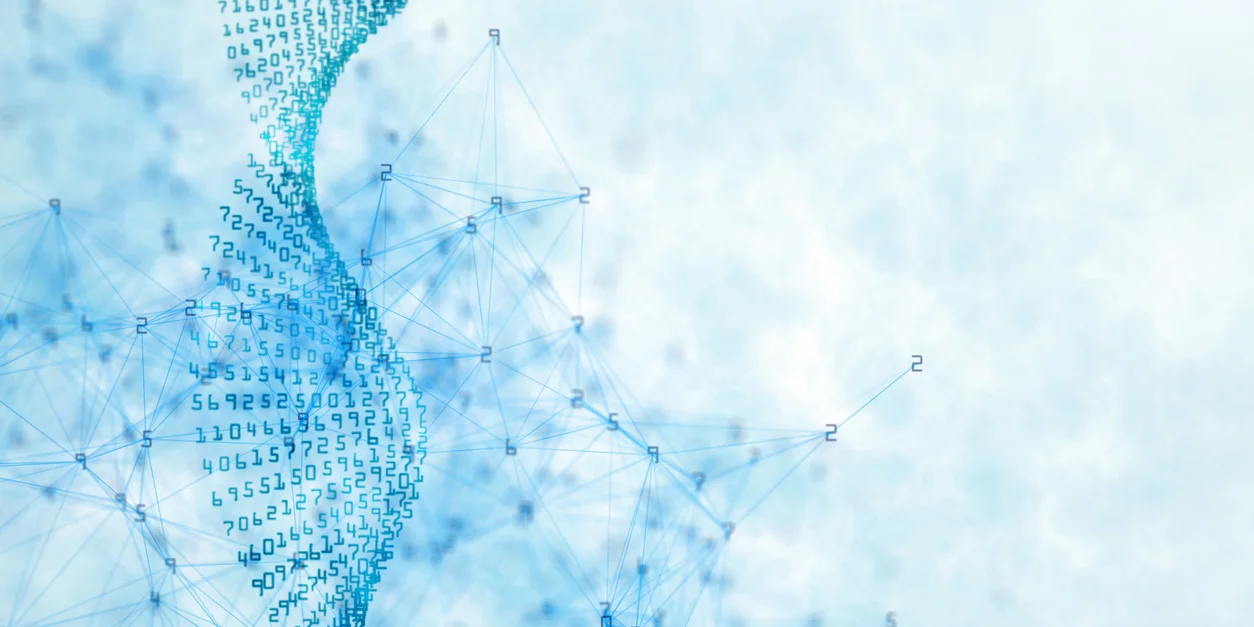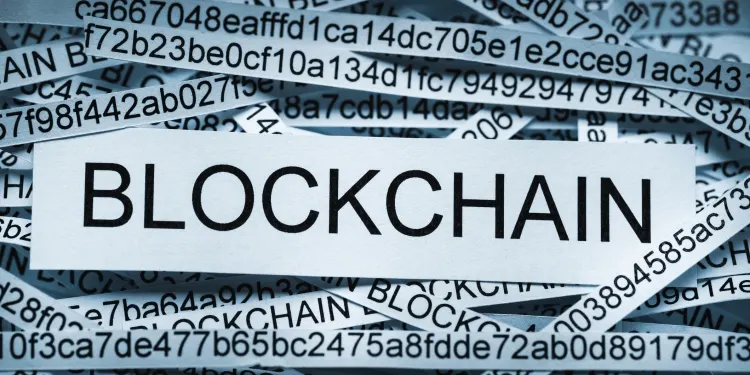Technology and Law News
Filters
Category
Author
Tag

- Human resources
- Technology and law
Rector of the Antonio de Nebrija University, Juan Cayón,Director-General of the State Tax Agency, Jesús Gascón Catalán,Senior Partner of Garrigues, Ricardo Gómez-Barreda,Dear teaching staff of Centro de Estudios Garrigues,Dear students of the 2018/2019
3 diciembre 2018

- Business law
- Technology and law
Jurists tend to come up against two large obstacles when it comes to dealing with smart contracts:– The first problem is coming to grips with the technology; both the specific technology involved in the architecture and mechanics of a blockchain, and general
9 marzo 2018

- Banking and Finance
- Compliance
- Business law
- Technology and law
In the previous post in this series, I tried to explain how digitization is a unique way of converting information to a binary digital code (a “linguistic” question of how data is coded) so that management of that information can be mechanized
22 marzo 2019

- Banking and Finance
- Compliance
- Business law
- Technology and law
When us attorneys move about the digital world with a specifically law-based mindset (that is, not as mere tech users), the first thing we run up against are the very concepts of the digital world or, better yet, the terminology. We start throwing
18 enero 2019

- Banking and Finance
- Compliance
- Business law
- Labor and employment
- Human resources
- Technology and law
- Taxation
In the first post in this series on the intellectual origin of blockchain technology, I talked about two figures I consider to be early forerunners: Alan Turing and John von Neumann. In this second installment, I will look at two more recent figures: Tim May
8 junio 2018

- Banking and Finance
- Compliance
- Business law
- Labor and employment
- Human resources
- Technology and law
- Taxation
I ended the previous post on the subject of David Chaum and how his DigiCash did not lead to a proper break with traditional cash. The disruptive leap in this respect, even if still only in a theoretical or speculative realm, is attributable to the following
6 julio 2018
